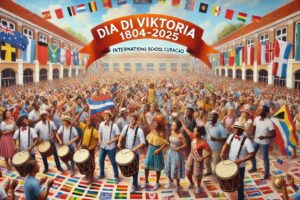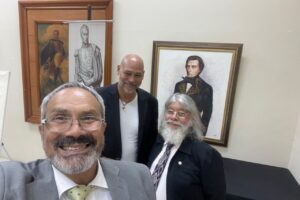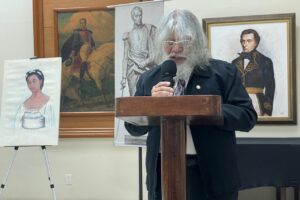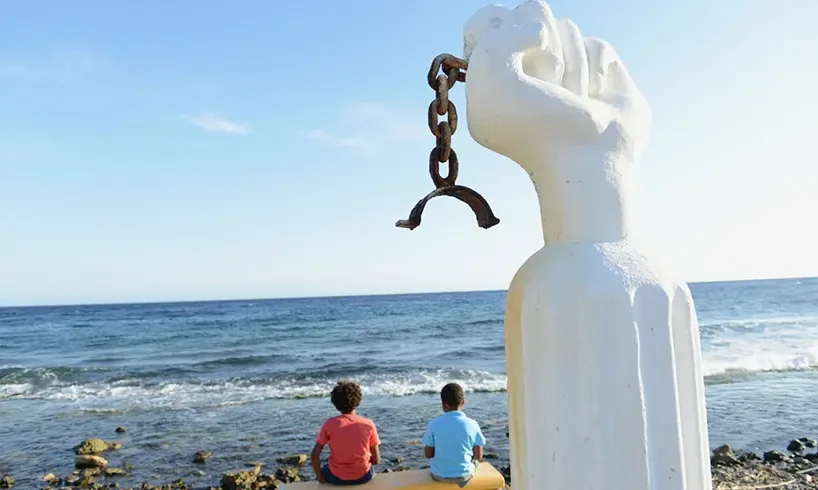
The Decolonization of the Mind movement seeks to liberate formerly colonized societies from colonial powers’ mental, cultural, and intellectual influence. It challenges the dominance of Eurocentric values, knowledge systems, and cultural norms imposed through colonialism, which continue to shape these societies’ identity, education, and worldviews.
By questioning colonial narratives, such as the concept of “discovery” or the superiority of Western civilization, the movement aims to restore indigenous languages, cultures, and knowledge systems. It also highlights the deep connection between cultural domination and socio-economic inequalities still prevalent in postcolonial societies.
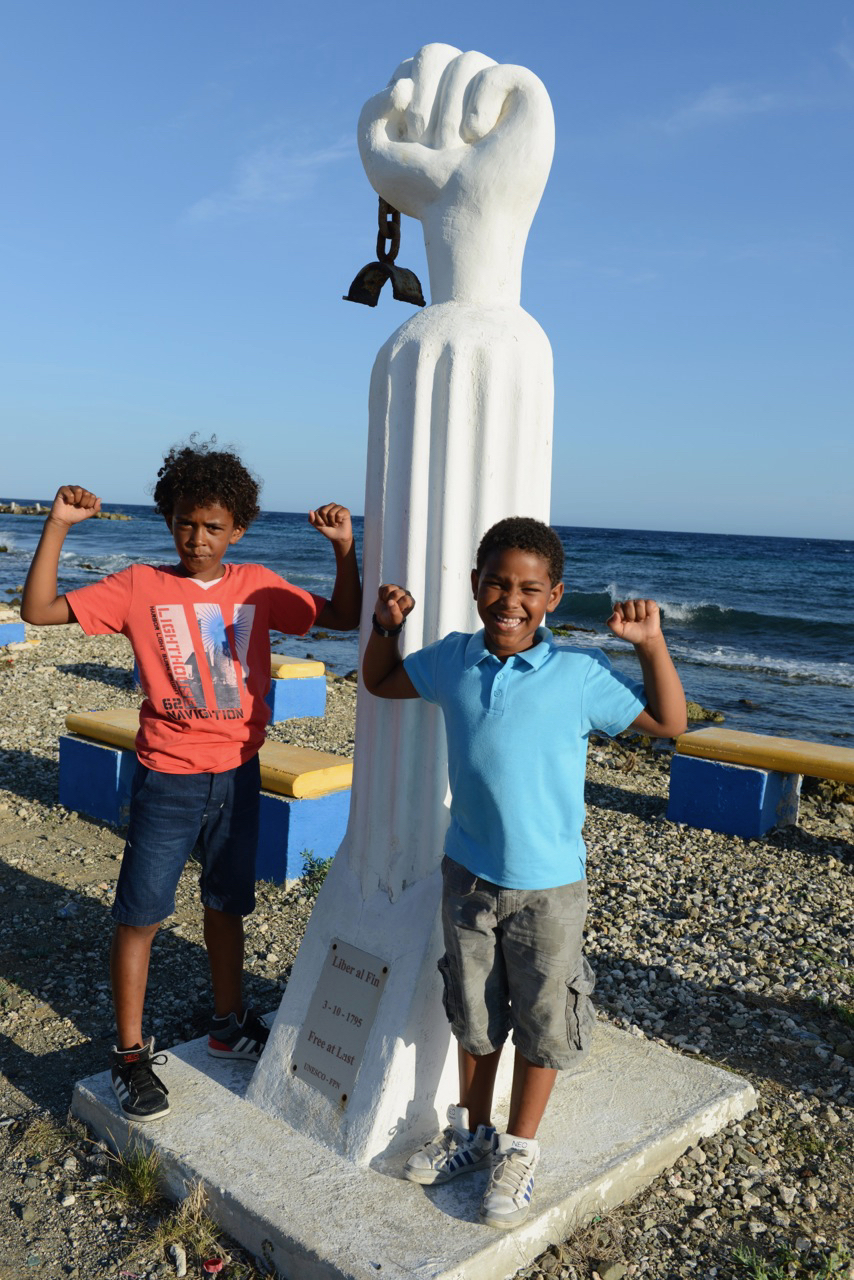
Scholars like Ngũgĩ wa Thiong’o, a key figure in the movement, emphasize that true decolonization requires more than political independence. It necessitates reclaiming indigenous languages, traditions, and epistemologies while dismantling the colonial mindset embedded in education, literature, and governance. The movement stresses the importance of shifting away from Western-dominated worldviews to affirm the value of local histories, cultures, and identities.
The decolonization of the mind is essential for achieving true liberation. It enables formerly colonized peoples to reclaim their self-determination, cultural heritage, and intellectual sovereignty. It seeks to dismantle colonialism’s long-lasting legacies, challenge global systems of oppression, and build societies grounded in their values, knowledge, and histories.
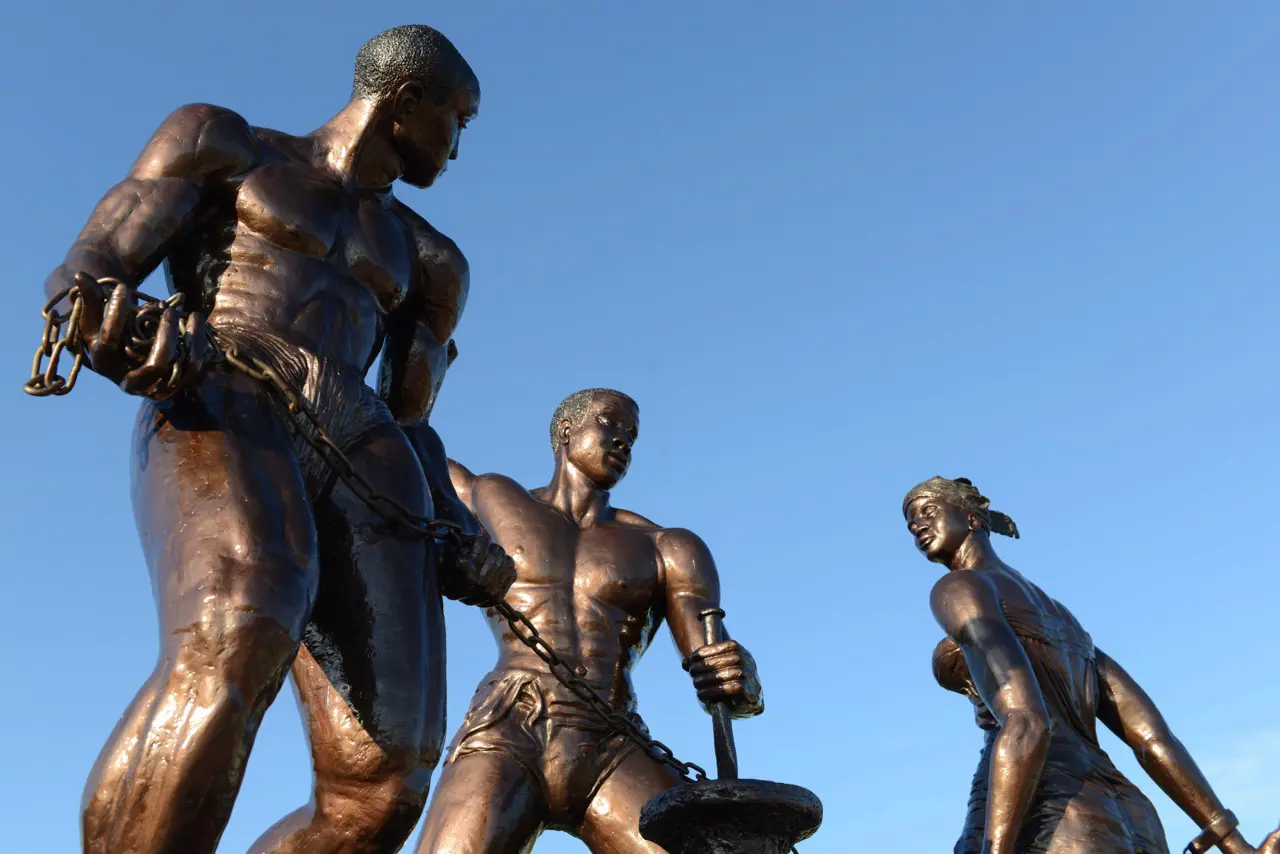
From a Curaçaoan perspective, the Decolonization of the Mind movement has a profound resonance. Curaçao, like many Caribbean islands, Curaçao has a complex history of colonial rule, having been governed by the Spanish, Dutch, and British at various times.
These powers left deep imprints on the island’s culture, language, and societal structures, creating a complex legacy that persists even after formal independence. The colonial influence in Curaçao’s institutions, education, and identity continues to shape how Curaçaoans perceive themselves and their place in the world.
One of the most enduring impacts of colonial rule in Curaçao is on language and education. Papiamentu, the island’s native Creole language, embodies a blend of African, Spanish, Portuguese, Dutch, and indigenous elements, yet Dutch remains the official language of government and education.
This linguistic hierarchy often reinforces a colonial mindset, privileging Dutch as the language of “intellectualism” while Papiamentu is relegated to informal use. The Decolonization of the Mind movement advocates elevating Papiamentu’s status, emphasizing its legitimacy as a vehicle of education, cultural expression, and intellectual discourse.
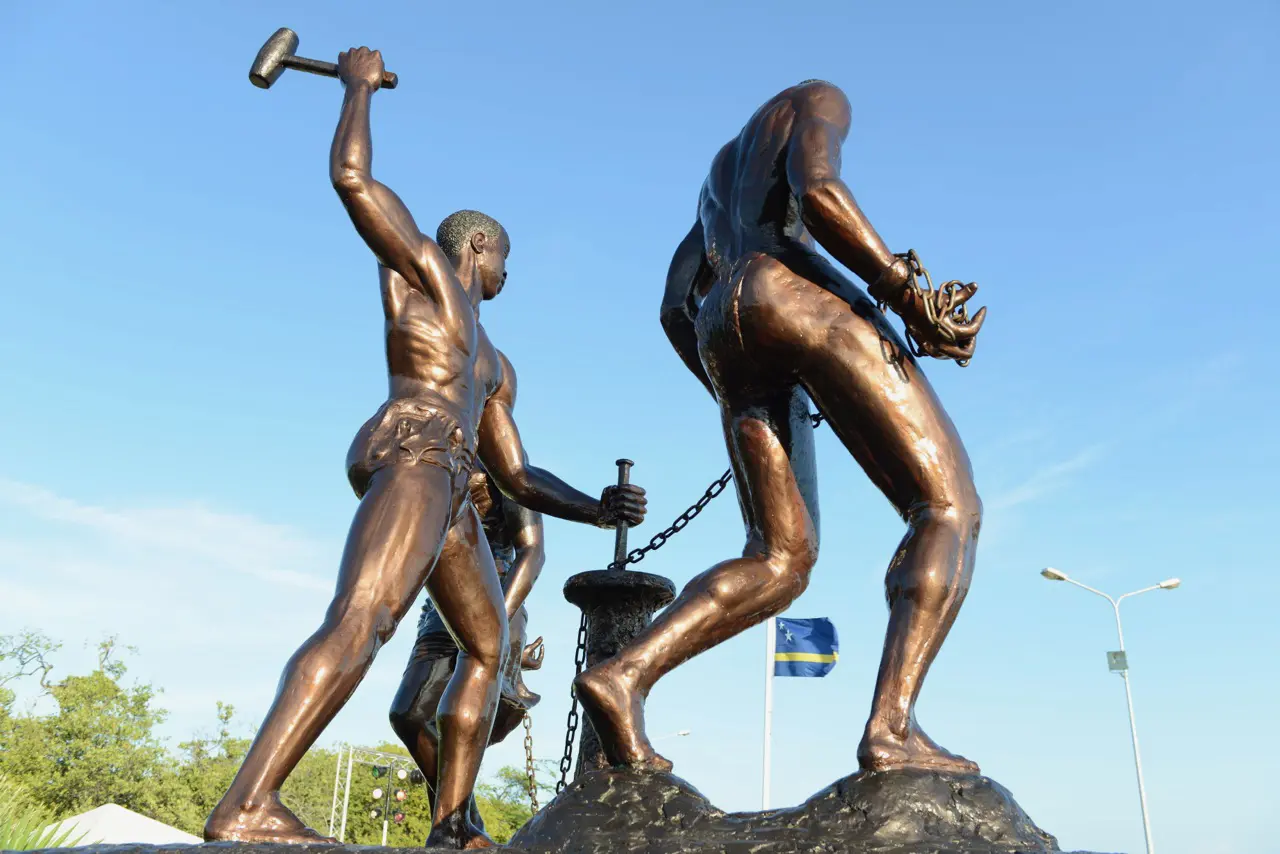
Moreover, Curaçao’s cultural heritage and historical narratives have often been filtered through a colonial lens. Colonial perspectives have shaped mainly the celebration of heroes, historical events, and national identity, which may underplay or overlook indigenous and African contributions.
Recognizing and reclaiming Curaçao’s unique heritage—free from colonial biases—enables Curaçaoans to reconnect with their roots and foster a sense of pride grounded in their history and values.
For Curaçao, the Decolonization of the Mind is not merely a philosophical movement but a practical, transformative process essential for achieving authentic self-determination. It seeks to create an environment where local knowledge, languages, and histories are celebrated, serving as the foundation for Curaçao’s future development.
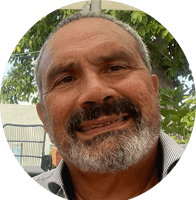
Tico Vos is a professional photographer, producer, and tourism specialist. He has been documenting the History, Culture, and News of Curaçao. This site is a documentation of the history of Manuel Carlos Piar.

